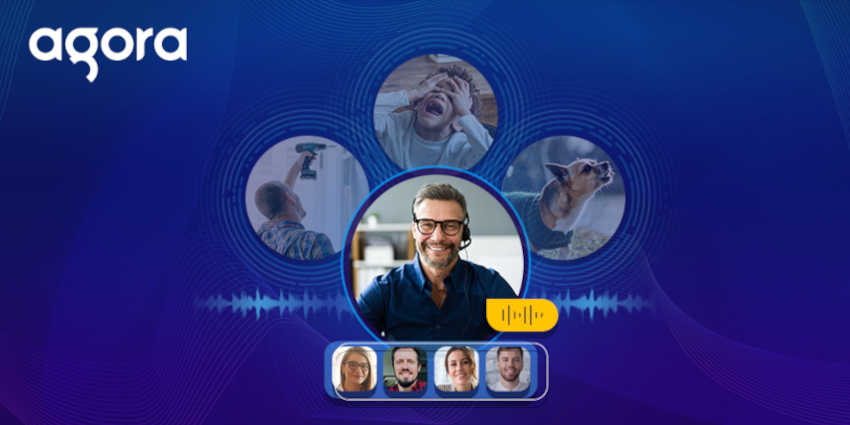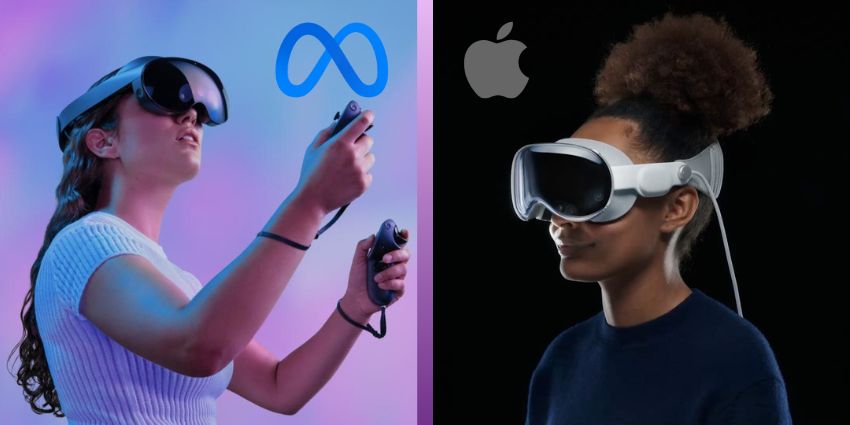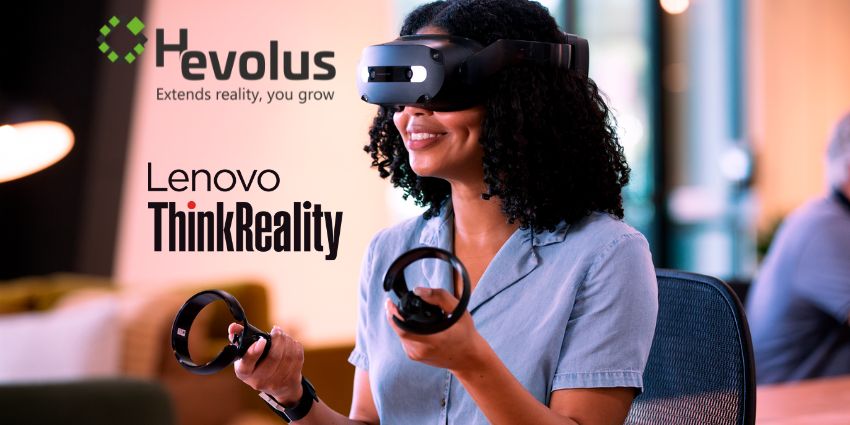Agora Inc, a major real-time engagement platform for application programme interfaces (APIs), announced on Thursday it had launched its Artificial Intelligence (AI) Noise Suppression solution.
The new tool eliminates background noise, allowing users to hear their voice at meetings. This provides streamlined, distraction-free conversations with others while operating in immersive spaces.
We’re thrilled to announce the launch of our newest extension—AI Noise Suppression! With just a few lines of code, remove background noise and provide a more immersive audio experience for any call, chat, or stream!
Add AINS to your app today👇https://t.co/8hUQof2lmQ
— Agora (@AgoraIO) February 23, 2023
Previously, companies struggled with hybrid work due to background noise in public settings. Technologies such as noise suppression are commonly used on platforms such as Microsoft Teams, Zoom, and others.
How Does AI Noise Suppression Work?
Agora’s AI Noise Suppression tool leverages deep-learning models to enhance human speech and analyse audio to filter out background noise. This leads to a concise, clear audio output, complete with noise reduction, echo and reverberation removal, and low-latency audio.
Additionally, the interoperable, low-code solution works across platforms and can scale globally across multiple platforms. These include web browsers, Windows, macOS, Android and iOS, Electron, Flutter React Native, and Unity.
The company also explained that live casting and metaverse interactions could incorporate the solution to deliver spatial presence on virtual platforms. This allows people to transmit clear audio via spatial audio while eliminating microphone feedback, echoes, and other background noise.
This solution works seamlessly with Agora’s 3D spatial audio solution, essential for extended reality (XR) and metaverse applications, by providing spatial context for users.
Such solutions allow students in virtual classrooms to determine the direction of sounds to deepen immersion or provide spatial context for teachers while at lectures.
Technologies such as this can boost learner retention rates and improve concentration with added realism. Additionally, gamers in virtual chat rooms can reduce noise interference for optimal conversations.
Patrick Ferriter, Vice President of Product at Agora, explained that his company ensured quality was a “foundational element” of its technologies, products, and services. The tools backed human communication across “work video [calls], virtual education, or playing games with friends,” he added.
He added,
“Audio is at the core of any digital experience and with AI Noise Suppression, customers can easily remove background noise from their applications and create more focused, immersive experiences for their users.”
Regarding 3D spatial audio, Ferriter explained that immersive digital experiences for work or social purposes needed to “deliver high quality sound and natural, lifelike three-dimensional audio to users.”
He continued,
“Agora’s 3D Spatial Audio, gives developers the capabilities to create digital worlds ripe with sounds and auditory details in ways that heighten the opportunities to deliver more vivid and memorable experiences to their user audience”
Agora-XR Today Chats on Spatial Audio
The news comes after Agora’s Casey Lau hosted a fireside chat with Tony Wang, Co-Founder and Chief Revenue Officer for Agora, at the Real-Time Engagement (RTE) 2022 event last year.
He explained the future of media could reach a “world without boundaries” with Web3 and emerging technologies from the Metaverse. Companies could develop global communities with shared interests and intellectual property (IP) regardless of citizenship or background, Wang said.
As a company, Agora aimed to create the “infrastructure of the future virtual world,” he added.
Speaking to XR Today on the sidelines of the Immerse Global Summit 2022 Miami, Wang added that Agora aimed to advance its full stack of technological solutions. These would include spatial audio, broadcast video latency enhancements, and others.
Its push for metaverse solutions would also empower content creators, and metaverse platforms while democratising Web3 platforms.
In his interview, he said,
“We have the chance in the virtual world to form a new community — one that is purely organised in a distributed global fashion, based on passions and common interests. Despite national boundaries, people will gather in communities, sometimes from 50 different countries”
Agora’s solutions would also provide software developer kits (SDKs) to build the future spatial communications platform to break communication barriers. He concluded that boosting consumer adoption would also require greater global standards and interoperability to realise its potential.
Furthermore, Ben Weekes, Agora’s Senior Architect & Principal Software Engineer, explained in a recent XR Today round table discussion that spatial audio solutions from his company boosted human-centric experiences.
Having reference points in virtual settings allowed students to level the virtual “playing field,” with spatial audio allowing “these experiences to feel like realistic interactions.
Weekes continued that spatial audio in the Metaverse and VR spaces were where “the technology will be used in the most interesting ways.” VR headsets would allow more consumers and businesses to adopt the technology to maximise its potential, he told XR Today at the time.







